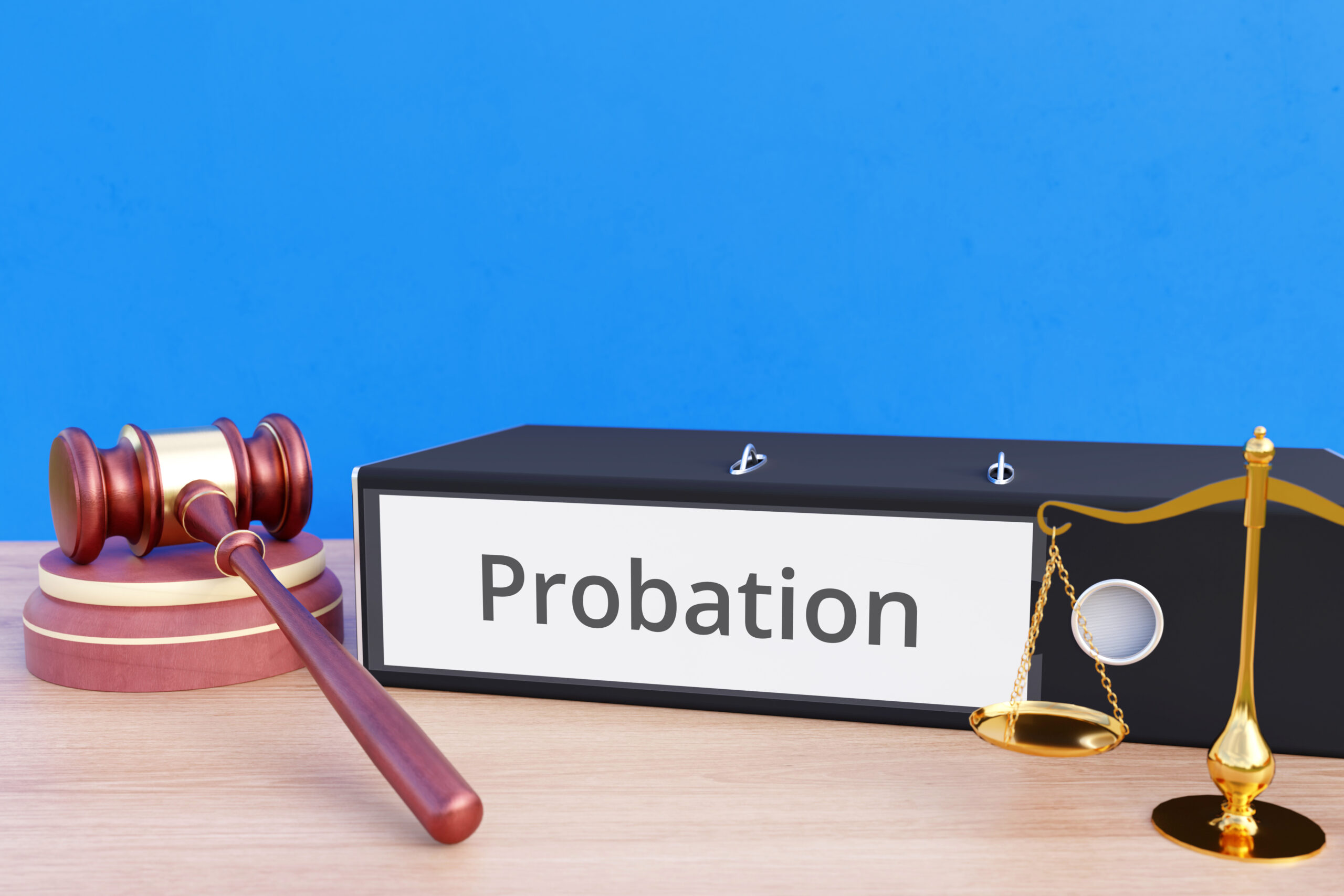If you are facing criminal charges in Texas, it’s important to understand all your legal options. One potential alternative to incarceration that may be available to you is probation. Please continue reading as we explore what this entails and how a skilled Dallas County Criminal Lawyer can help you negotiate with the prosecution for the best possible outcome for your case.
What is Probation in Texas?
Probation is a court-ordered supervision that allows a convicted individual to remain in the community instead of serving their sentences behind bars, provided that they adhere to specific conditions that are set by the judge. Essentially, it’s an alternative to jail or prison.
While the terms “probation” and “parole” are often used interchangeably, they have different meanings. Parole occurs when an individual is released early from prison, whereas probation is sentenced in place of prison time. If you are sentenced to probation, you will not go to jail.
In Texas, probation is available for various offenses. However, it’s less likely to be sentenced for violent crimes and repeat offenders. The court is more likely to sentence a defendant to probation if they believe they can be rehabilitated and successfully reintegrated back into society.
If you fail to adhere to the conditions set forth by the court, the conditional liberty you have been granted may be rescinded. Depending on the severity of the violation, this revocation could result in you being incarcerated for the duration of your remaining sentence.
What Are Common Conditions Imposed?
While probation can offer a second chance and the opportunity to avoid the harsh realities of incarceration, it’s imperative to remember that it is not without its challenges. Probation involves strict conditions. The specific terms of your probation will vary depending on the nature of your offense and the judge’s discretion, but they typically involve regular check-ins with a probation officer and avoiding further legal trouble. The following include some of the conditions you may be subjected to as part of your probation:
- Maintain employment
- Abstain from drug or alcohol use
- Participation in a drug or alcohol education program
- Participation in counseling
- Performing community service
- Adhering to a curfew
- Electronic monitoring
- Home confinement
- Travel restrictions
- Refraining from contacting known criminals
- Restitution payments to victims
If you are facing criminal charges, please don’t hesitate to contact an experienced attorney to discuss your legal options. At Spangler Law, we are prepared to advocate on your behalf in court, present mitigating factors, and argue for probation as a more appropriate and rehabilitative sentencing option. Connect with our legal team today to learn how we can fight for you.



